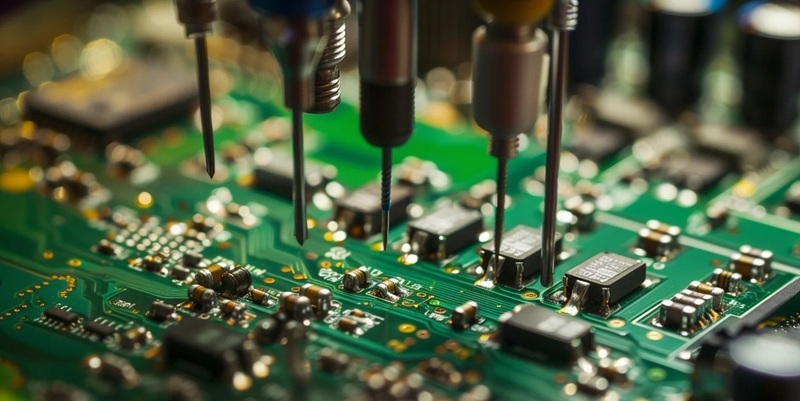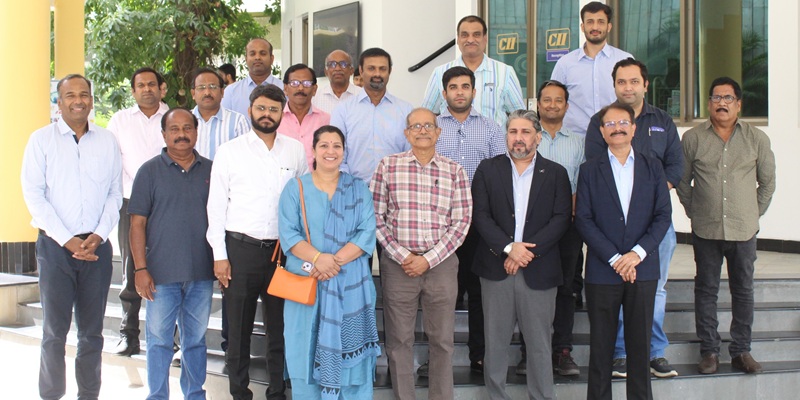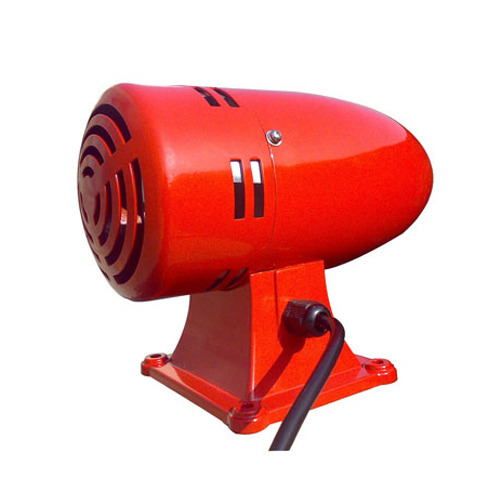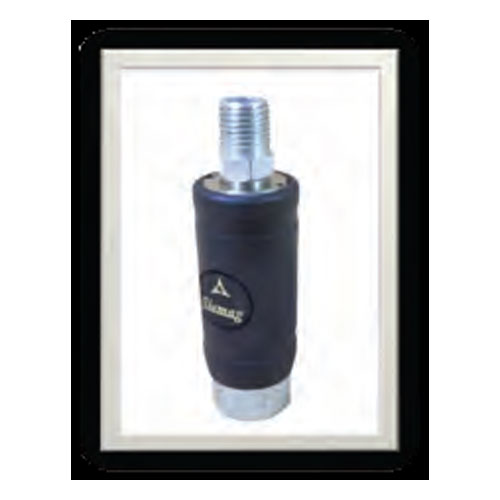Schedule a Call Back
Role of cybersecurity in smart manufacturing
 Articles
Articles- Nov 29,24

Related Stories

Aimtron Secures Rs 1 bn ODM Deal with Leading US Infrastructure Firm
Aimtron, an Electronics System Design and Manufacturing (ESDM) company, has signed a Rs 975.5 million ODM deal with a US infrastructure leader to develop advanced, transformer-free UPS systems for g..
Read more
AIFI Launches ‘GenNext Entrepreneurs Forum’ to Shape India’s Forging Industry
AIFI unveils the GenNext Entrepreneurs Forum to foster emerging leaders in India’s forging industry, focusing on innovation, sustainability, and global competitiveness.
Read more
MSMEs: Backbone or Bottleneck?
Finance remains the most pressing of these challenges. As noted by the Lok Sabha Standing Committee on Finance, India’s MSMEs face a staggering credit gap of Rs 20–25 trillion.
Read moreRelated Products

Fire Protection - Industrial Sirens
Amit Safety Enterprises offers a wide range of fire protection industrial sirens.
Read more
Fire Alarm Sysytem
Nayakson Security Systems is offering a range of fire alarm, intrusion alarm and gas alarm systems.

Push Button Safety Quick Release Coupling
Siemag introduces the all new push button safety quick release couplings. Read more













